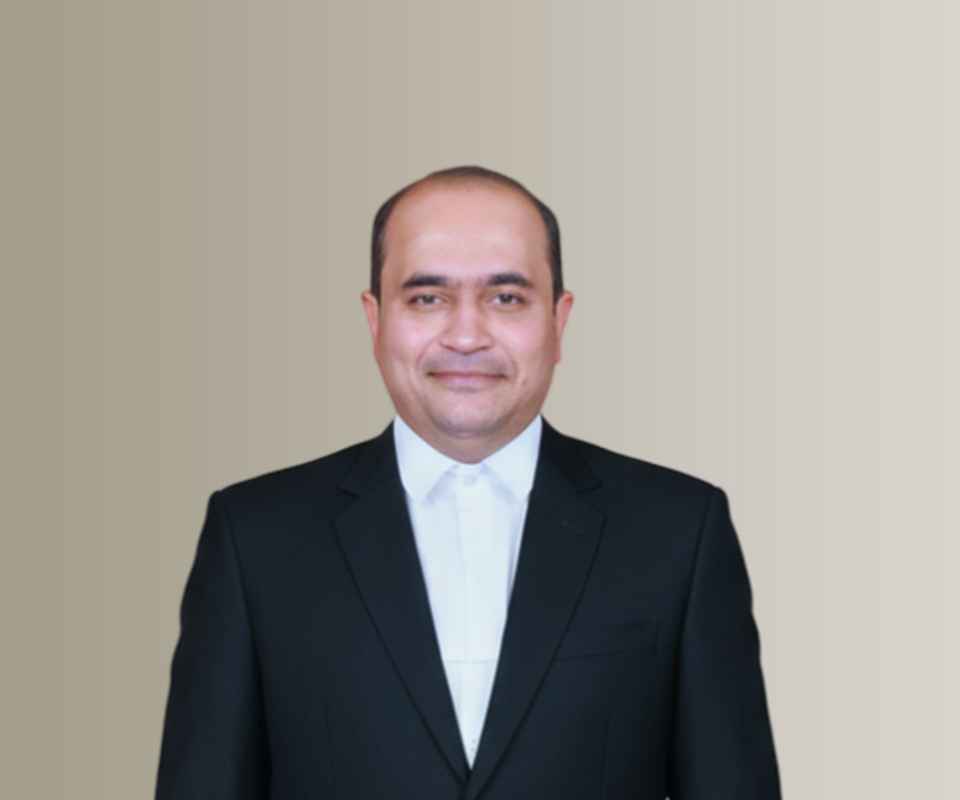Answer By law4u team
Yes, consumers can seek compensation for undisclosed credit charges if those charges were not clearly disclosed at the time of the credit agreement or were hidden within the terms. Consumer protection laws require that all fees, charges, and terms related to a credit agreement, including interest rates and additional fees, be fully disclosed and clearly communicated to the consumer before the agreement is finalized. If a credit provider fails to disclose such charges, the consumer may have several legal remedies available, including the right to seek compensation, dispute the charges, and even take legal action.
Rights to Seek Compensation for Undisclosed Credit Charges:
1. Right to Transparent Disclosure:
Under laws like the Truth in Lending Act (TILA) in the U.S., and similar regulations in other jurisdictions, lenders are legally obligated to provide clear, upfront, and accurate information about all costs associated with a credit product. This includes:
- Interest rates (APR)
- Fees (e.g., late payment fees, annual fees, processing fees)
- Other charges that may apply throughout the duration of the credit agreement.
2. Right to Dispute Charges:
If a consumer identifies undisclosed charges on their credit account, they have the right to dispute those charges with the lender or credit provider. Lenders are required to investigate disputes regarding billing errors, which include undisclosed fees. Under the Fair Credit Billing Act (FCBA) in the U.S., for instance, consumers can dispute unauthorized or incorrectly billed charges within 60 days of receiving their credit card statement.
- Example: If you discover a monthly maintenance fee or a service charge that was not disclosed when you signed up for the credit card, you can dispute it with the lender. The lender is required to investigate and either correct the error or provide proof that the charge was validly disclosed.
3. Right to a Refund or Adjustment:
If it is found that a credit provider did not disclose certain fees or charges properly, the consumer may be entitled to a refund of the charges or an adjustment to the credit agreement. In some cases, consumers might be reimbursed for overpaid fees or have the incorrect charges reversed.
- Example: If a credit card company charged an annual fee that was not disclosed during the application process, the consumer could request a refund for the fee or have the fee waived for future years.
4. Right to Compensation:
In cases where the failure to disclose credit charges results in significant financial harm to the consumer, they may be entitled to compensation beyond just a refund of the undisclosed charges. Compensation could include:
- Damages for any additional costs incurred as a result of the undisclosed charges.
- Punitive damages in cases where the failure to disclose fees was willful or egregious.
- Statutory penalties: In some jurisdictions, there are legal penalties for failing to comply with disclosure requirements, and consumers may be entitled to a penalty payment from the lender.
5. Right to Cancel or Rescind the Agreement:
In some cases, if undisclosed charges are discovered, the consumer may have the right to cancel or rescind the credit agreement altogether, especially if the charges were a substantial part of the loan's total cost. This right may be available under laws such as the Truth in Lending Act (TILA), which allows consumers to cancel certain types of loans within a specific period, particularly if they were not provided with complete and accurate information at the time of signing.
6. Right to Legal Action:
Consumers may also be able to take legal action against lenders who fail to disclose charges. If the lender’s actions are found to be in violation of consumer protection laws, the consumer can pursue legal remedies through small claims court or other legal avenues. Legal action may result in a judgment that not only provides compensation but may also hold the lender accountable for violating consumer rights.
- Example: A consumer might sue a credit card company for fraud or misrepresentation if undisclosed fees were charged on the account. The consumer could seek a court ruling for a full refund, damages, and potentially punitive damages for deceptive practices.
Steps to Take If You Discover Undisclosed Charges:
1. Review Your Credit Agreement:
Carefully read the credit agreement or terms and conditions you were provided at the time of application. Compare this document with your statements to identify any discrepancies or charges that were not disclosed at the outset.
2. Contact the Lender:
If you find an undisclosed charge, contact the lender directly to seek clarification. If the charge is proven to be undisclosed, request that it be reversed or refunded.
- Tip: Keep a written record of all communications with the lender (e.g., emails, letters), as this may be needed for filing complaints or disputes.
3. Dispute the Charge:
If the lender refuses to correct the issue or offer compensation, you have the right to dispute the charge formally. Submit a written dispute, outlining the issue and requesting that the charge be corrected or refunded.
4. File a Complaint:
If the issue is not resolved with the lender, you can file a complaint with a relevant regulatory body:
- In the U.S., you can file a complaint with the Consumer Financial Protection Bureau (CFPB) or your state’s Attorney General’s office.
- In the UK, you can escalate the matter to the Financial Ombudsman Service (FOS) or the Financial Conduct Authority (FCA).
- In Canada, file a complaint with the Financial Consumer Agency of Canada (FCAC).
5. Seek Legal Advice:
If you are unable to resolve the issue through the above steps, consult a lawyer who specializes in consumer protection or financial law. They can help assess your situation and guide you on whether to pursue legal action or seek further remedies.
6. Consider Legal Action:
If the lender’s conduct is found to be fraudulent or egregious, you may have grounds to file a lawsuit. In such cases, you may be entitled to compensation, damages, or even a court-ordered refund of any undisclosed charges.
Example:
Scenario 1:
You sign up for a credit card with an introductory 0% APR for 12 months. However, when you receive your first statement, you notice a $50 annual fee that was not disclosed in the application process. After contacting the lender and being told the fee was standard, you file a complaint with the Consumer Financial Protection Bureau (CFPB). The lender investigates and issues a refund for the fee, as well as agrees to waive the fee for the next year.
Scenario 2:
You apply for a personal loan, and the lender clearly outlines the interest rate and monthly payment but fails to mention a hidden processing fee of $200. You discover this fee only after receiving your loan agreement. You dispute the charge with the lender, who refuses to refund it. After filing a complaint with the Federal Trade Commission (FTC), the lender is required to refund the processing fee, and the interest rate is adjusted to reflect the full disclosed cost of the loan.
Conclusion:
Consumers have significant rights when it comes to undisclosed credit charges. These rights include the ability to dispute charges, request refunds, seek compensation, and, in some cases, take legal action against lenders who fail to provide transparent terms. If you discover any undisclosed charges, it’s essential to review your credit agreement, contact the lender, dispute the charge if necessary, and seek assistance from consumer protection agencies or legal counsel if needed. Ensuring your lender is in full compliance with disclosure requirements helps protect your financial interests and consumer rights.







